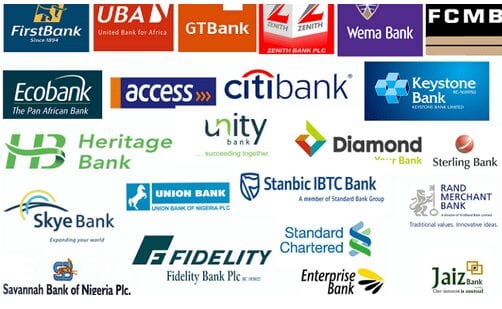Nigeria’s overnight naira interbank lending rate eased to around 16 percent on Friday, down from about 20 percent last week on improved naira cash liquidity after the disbursal of July budgetary allocations to government agencies.
Nigeria’s distributes revenues from crude exports and taxes among its three tiers of government – federal, state and local – monthly. About 250 billion naira ($751 million) belonging to states and local government from July budget hit the banking system this week, providing liquidity.
Total bank surplus cash with the central bank stood at 118 billion naira on Friday, better than the 62 billion naira at the close of last week.
At its rate-setting MPC meeting in July, the bank raised its benchmark interest rate to 14 percent in a bid to tighten liquidity.
However, the naira has been under pressure due to increased liquidity in the banking system because of the monthly budget disbursal circle.
The naira closed flat at 305 to the dollar on the interbank market on Friday, but fell to 425 a dollar on the black market from 420 a dollar previously.
“The market liquidity was sufficient to support transactions this week, the reason we have the rates at par with the central bank’s standing lending facility rate of 16 percent,” one dealer said.
Traders said the central bank attempt to reduce the level of liquidity through the selling of treasury bills was not enough to because of repayment of about 212 billion naira in matured treasury bills on Thursday.
“We expect rate to ease bellow the 16 percent level next week unless central bank sell more treasury bills to reduce cash in the system,” another dealer said.































